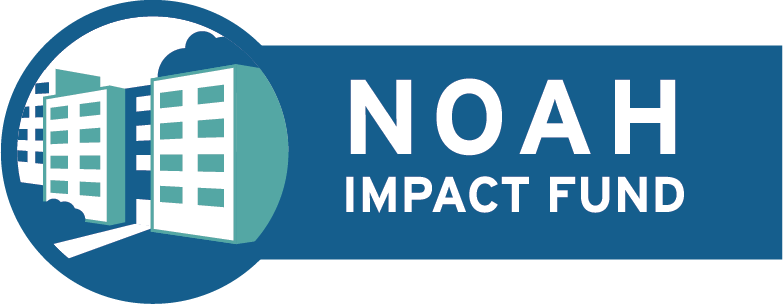Minneapolis City Council Approves New $1.5 Million Fund to Preserve Affordable Housing
 Friday, April 14, 2017 at 10:47AM |
Friday, April 14, 2017 at 10:47AM |  Kim Eslinger |
Kim Eslinger | 
Via an April 14 News Release from the City of Minneapolis:
Today, the City Council approved $1.5 million for the Minneapolis Naturally Occurring Affordable Housing (NOAH) Preservation Fund to assist non-profit housing providers to acquire and preserve NOAH rental property in Minneapolis.
NOAH generally refers to unsubsidized multifamily rental housing affordable to households with incomes at or below 60 percent of the area median income ($51,480 for a family of four.) Rents in NOAH units average between $550 and $1,200 per month. Minneapolis has about 23 percent of the NOAH units in the seven-county metropolitan area, or about 38,000 units. The strong real estate market and low rental vacancy rate (2.7% regionally) has made these properties more attractive to investors, leading to increased sales, higher rents and displacement of tenants who cannot afford increased rents.
“Housing is a basic human right,” said Mayor Betsy Hodges. “I’m proud to have led this innovative approach to help ensure we stop losing more affordable housing than we can build, and I’m thankful to the Council for helping make this investment a reality.”
“We need to do what we can to stop the unnecessary displacement of tenants when affordable housing is sold specifically to upgrade units and mark up rent,” said Council Member Lisa Goodman, Chair of Community Development Y Regulatory Services Committee. “Assisting buyers who actually care about low income tenants and support affordable housing preservation to purchase these buildings and preserve them is critical right now given the crisis in affordable housing availability.”
Minneapolis has experienced a disproportionate share of these sales. In 2016, Minnesota Housing Partnership (MHP) released Sold Out, a report stating from 2010-2015, Minneapolis saw the greatest number of apartment property sales compared to all other communities in the metropolitan region: 355 property sales comprising 10,512 units. This represents 41% of all apartment sales in the metro region during that period.
In Minneapolis, approximately 53% of residents live in rental housing and about half of them are considered “cost burdened,” meaning they spend more than 30% of their income on rent. Over the last decade, the City of Minneapolis has led the region in both its investment in and production and preservation of affordable housing units. Still, there are about 10,000 fewer rental housing units in the city affordable to low-income households than there were in 2000, and cost burden rates for low income renters have increased from 64% to 74%.
In response to this affordable housing crisis, the Greater Minnesota Housing Fund, with the support of the McKnight Foundation, Minnesota Housing, Hennepin County, and private investors, launched a new regional $25 million affordable housing impact fund, or the NOAH Impact Fund, in 2017. The NOAH Impact Fund provides a source of funds for socially minded owner-operators to acquire and preserve the affordability of NOAH properties.
To further help socially minded developers and preserve/create affordable housing in Minneapolis, in 2016, the City approved changes to its investment policy to permit investment in mortgage backed securities issued by Freddie Mac where the underlying mortgages are for NOAH properties located in Minneapolis. Minneapolis’ investment in these securities would result in lower interest rate financing for purchasers of NOAH properties.
Also in 2016, Freddie Mac Multifamily launched a pilot initiative in collaboration with NorthMarq Capital, Mercy Housing, CommonBond Communities, and National Housing Trust (NHTCDF) to match nonprofit housing providers with socially conscious investors to finance NOAH acquisitions.
The Minneapolis NOAH Preservation Fund of $1.5 million directly supports the efforts of the Greater Minnesota Housing Fund NOAH Impact Fund of $25 million and Freddie Mac pilot program. Non-profit housing providers working with these initiatives are eligible to request funds from the Minneapolis NOAH Impact Fund.
